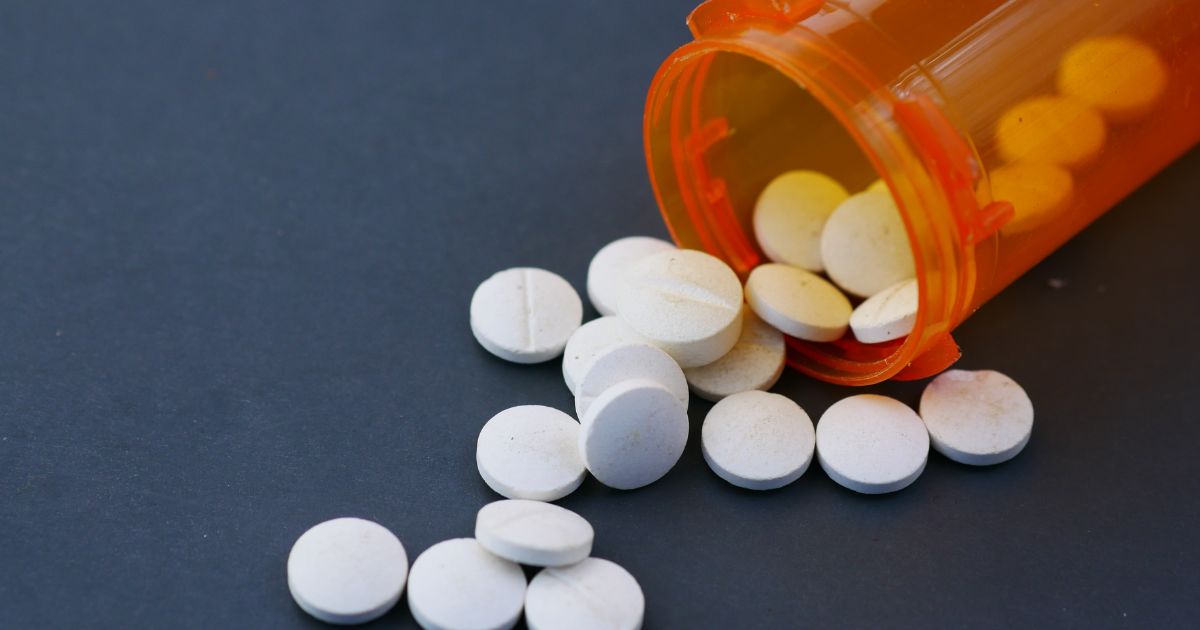You’ll Starve If You Just Get Detoxed: You’ll Feast for Life with Recovery
Detoxification is like a few small appetizers before a multicourse meal and is very short lived and essentially useless without recovery. Recovery is the antipasto salad, the mixed green salad, the pasta, several entrees, and dessert. Detoxification is a thin slice in time and recovery is a lifetime process that requires lifetime strategies.
Short-term techniques you learn in early recovery, include:
- Overcoming denial
- Resisting temptation
- Preventing relapse
They do exactly what they are designed to do, but more. The lifetime strategies help you eliminate drug and alcohol thinking and poor problem solving, build self-esteem and self-respect, instill a devotion to honesty and reveal the pleasure and usefulness of sharing. Detoxing is a short-term solution for a long-term problem, which is why many people continue to pick up drugs and alcohol after they have detoxed.
Many recovering drug users and alcoholics describe themselves as “grateful” for their disease. They would rather not have had the disease in the first place, but having had it, they are grateful that it has led them to discover a self they never knew and an opportunity to change and develop. Without the disease, they feel, they probably would have done what most people do: just go on the same way doing the same things, reacting and responding in the same fashion, not learning or changing.
What Works
It is interesting in recent years that substance abuse treatment providers have been emphasizing this detoxification or preventative prescription medicine, and have shied away from what has worked for over sixty years:
- Recovery-sensitive group cognitive behavioral therapy
- Recovery-sensitive individual cognitive behavioral therapy
- Recovery-sensitive family therapy
- Recovery-sensitive self-help groups
- And the very vital notion that life-style change is the pathway to recovery
It is possible to recover from alcoholism or drug dependence without such programs. People say they have done it. But far fewer people succeed on their own compared to those who are active in recovery programs.
Don’t be like Samuel Langhorne Clemens, popularly known as Mark Twain, the American writer, humorist, entrepreneur, publisher, and lecturer, who said: “Stopping smoking is the easiest thing I have ever done, I have done it thousands of times” LOL.
Even those who do recover solo have a much harder time of it, and they are missing out on one of the actual bonuses of addiction recovery: the benefit of lifelong support from a whole host of people who understand what you have been through.
Reach Out
If you or a loved one wants to learn more about our substance abuse programs, please reach out to us today. Our admissions team is available 24/7 at (877)-RECOVERY or 877-732-6837 to answer your questions. Because We Care.









